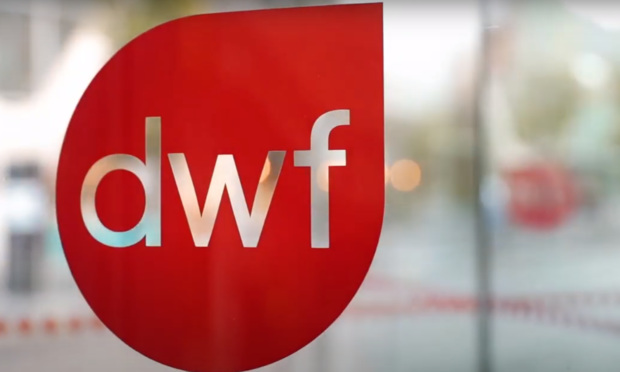DWF and Leaitherland declined to comment.
Cost cutting
In its stock market announcement the firm revealed it has struggled in recent months, announcing a lower than expected revenue growth of between 15% and 20%; an underperforming Middle East practice; declines in its corporate, commercial, litigation and real estate divisions; and single rather than the anticipated double-digit growth in its previously celebrated insurance division.
The firm also has relatively high levels of debt compared with other law firms.
“As a result of this underperformance, the group is planning further actions to protect margin,” the announcement said. The firm said it expects a cost cutting plan to provide £10 million of savings by 2021 and £13.5 million by 2022.
Such moves have become commonplace as firms attempt to navigate the unusual economic environment amid the pandemic, but to implement them while also changing leadership places DWF into “uncharted territory”, according to a lawyer with knowledge of DWF’s inner workings. Having to take such actions in public view could easily put others off pursuing a listing.
“The whole concept of a listed law firm is relatively new,” the person said. “[DWF] was the firm beating a trail on this.”
“Dumping their leader of a decade and a half has only heightened uncertainty at a time when stability and security are cherished above all other conditions.”
Echoing this point, another partner close to the 2019 IPO said: “People will ask what are the reasons behind the departure… it was all very public, so the market will want answers quickly. But only a few people will hold the key to this. Do they seek a culture shift, was it [Leaitherland’s] leadership style, is it part of a wider non-COVID strategy?”
Sending a signal
The consultant suggests that, in desperate times, the firm needed to send out a “signal” that people “needn’t worry about the falling share price” as “a revolution was taking place”.
“The market needed something. Fears needed to be allayed. So they took pretty much the most drastic sort of action you can take in these scenarios. They hoofed out their leader and ushered in a new one.”
One law firm accountant echoes this point, suggesting that unlike the “gentelmanly, collegiate world of the LLP”, in the listed world “sudden sackings of CEOs are a relatively frequent occurrence”. He uses the recent sacking of Aston Martin’s CEO as a suitable analogy—again a leader who marshalled his company through an IPO, but found himself the sacrificial lamb when things went awry.
He adds: “A governance coup is rare in an LLP… the difference is external shareholders. LLP partners tend to be more sanguine about demanding a return on their investment. But in the listed market – the view is that things are more short term.
“DWF’s share price had declined from its listing price. But shareholders want to see a share price increase. Quite often, being seen to be doing something decisive gets a positive response. Investors are seeking decisive management.”
And yet, the market’s fears have yet to be quelled. Since the announcement on Friday, DWF’s share price has fallen another 18% to 67% – a far cry from its all-time high of 142p just three months ago.
The law firm consultant suggests that “investors will have panicked”. He adds: “The share price was ebbing for months. They were wondering how long this was going to last and how much of their money was at risk, and whether [the firm] could turn it around. They needed a revolution. Something that could force the tide against the competing tide of the pandemic.”
One former DWF lawyers agreed that shareholder jitteriness was at the heart of the latest price fall: “It’s partly instability, and partly because people are worried about what the cause has been [for the departure].”
Knowles’ goodwill
The capital markets partner added: “I suspect the vast majority of investors would have looked at the announcement and thought something else is going wrong for him to go to so suddenly, and to bring someone in like Nigel suggests that there’s probably a bigger issue in the organisation than has been announced.”
As to whether they can pull through this period of great uncertainty, the consultant is, however, upbeat, believing that Knowles has the clout and esteem necessary to pull it off.
“Let’s not forget, Knowles has huge goodwill in the City,” they said. “Before DWF, no one knew about Leaitherland. But Knowles had stores of approbation. He was the guy that turned DLA Piper into a global phenomenon.”
He suggests the share price dip will be “temporary” and that DWF’s recent struggles are not necessarily any greater than those of the other listed firms.
“I mean, what firm isn’t suffering as a result of [coronavirus].”
However, describing the firm’s Friday announcement as “pithy but mostly devoid of a real explanation”, he warns: “It’s now a case of offering the market an explanation. Things like this can’t go unexplained for long. Investors worry, people grow wary.”










